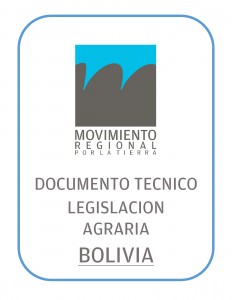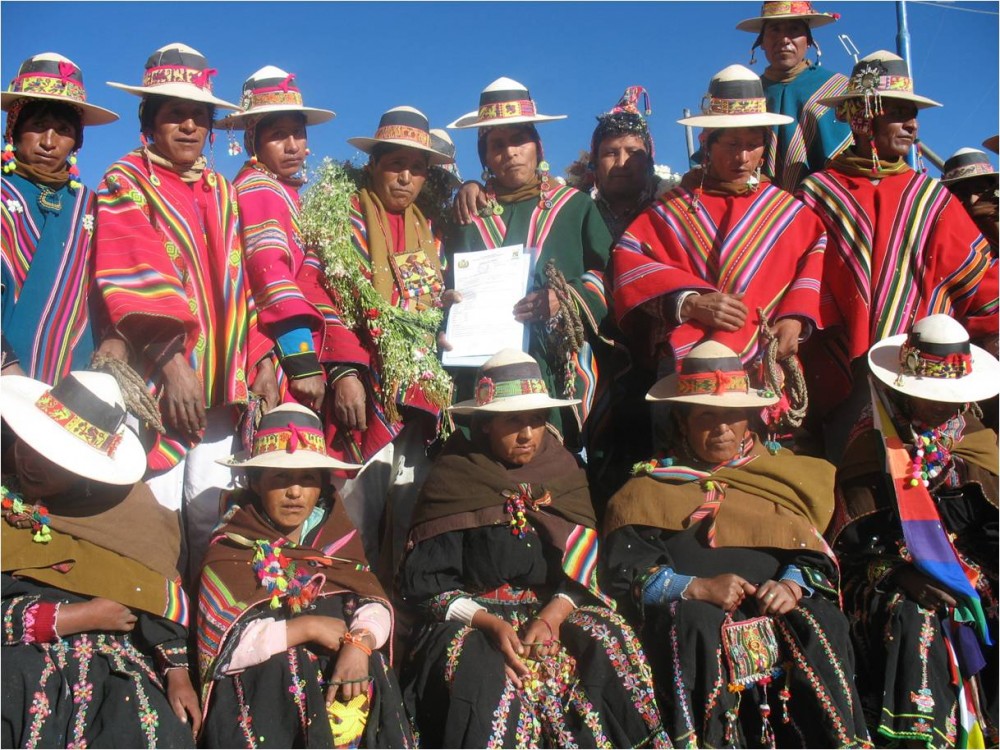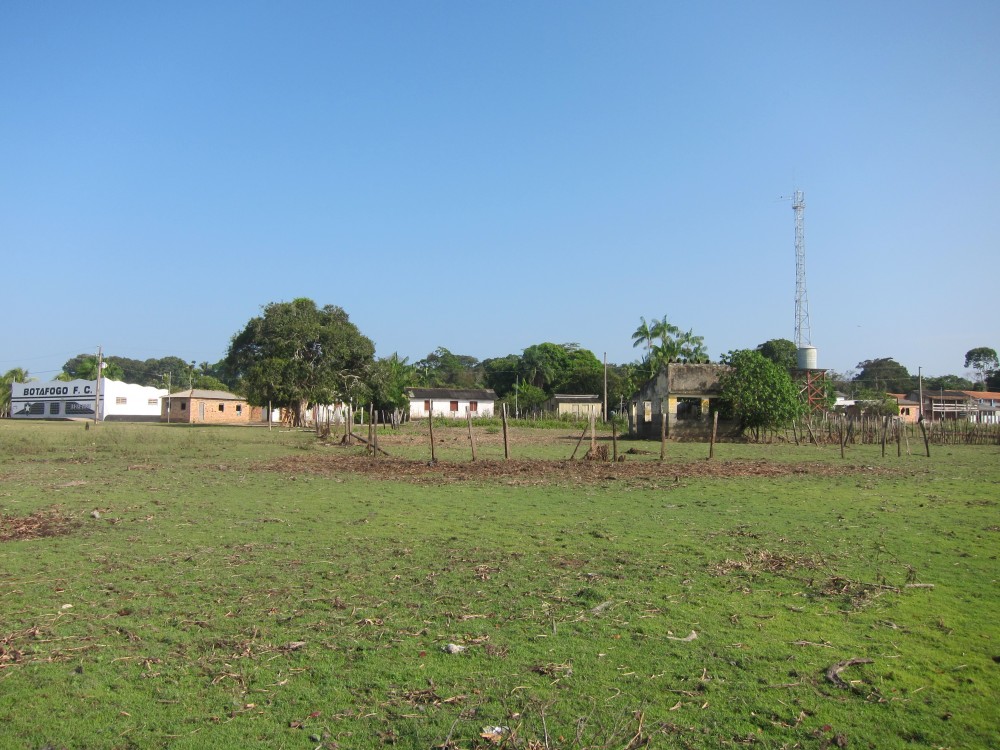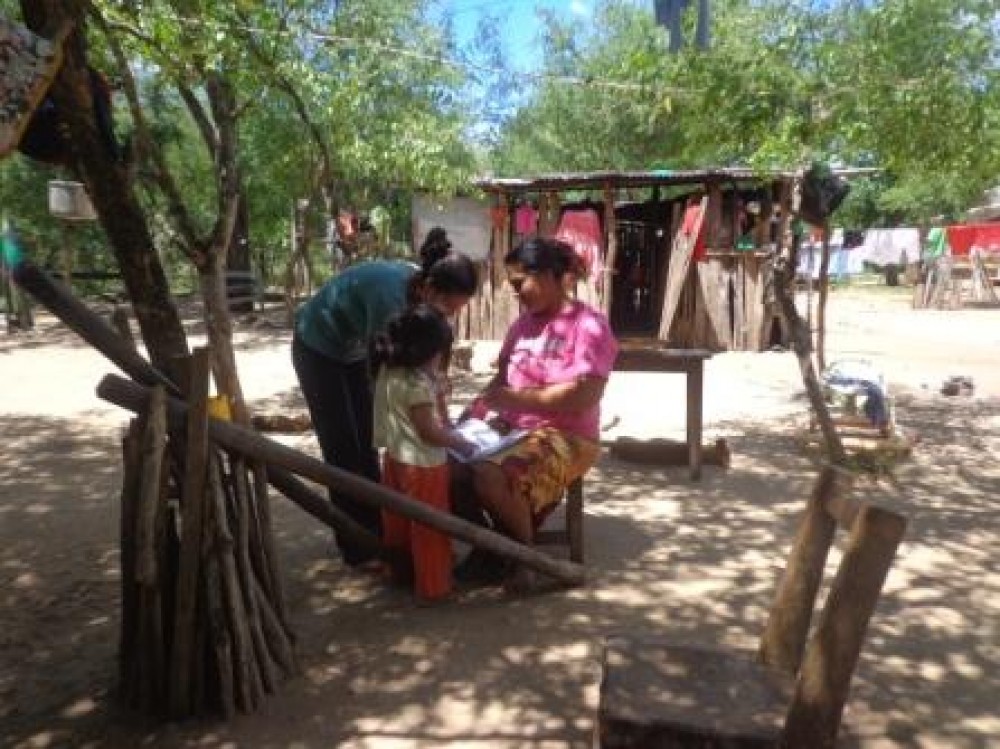Institutional options for managing rangelands
This brief considers the benefits and costs of alternative tenure and institutional arrangements and the impact of existing legal and policy frameworks on the sustainability and equity of pastoral production systems under three categories of landownership: (1) state ownership; (2) individual ownership; and (3) common property... Achieving efficient, equitable, and sustainable rangeland management depends on the costs and benefits of alternative systems. These costs and benefits, in turn, depend on agroecological, sociocultural, and economic characteristics.







